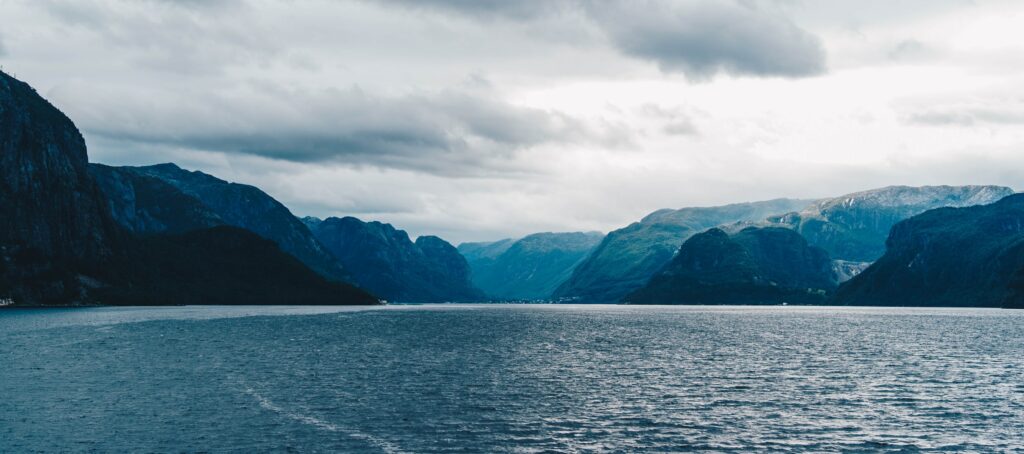Could a country that has built its whole identity and welfare on oil, start winding up its searching and drilling for oil? The answer might be bubbling in the recent election debate in Norway. The oil industry and its consequences have been an undebatable matter, at least not as a political question. The elephant in the room. But this summer, the narrative changed as the elephant became visible.
Norway was a poor country until the 1960s. However, since the extraction of oil started, the country has become very wealthy. Some analyses show that Norway is one of the richest countries in the world. Of course, climate change is not a convenient question, as putting an end to oil extraction would challenge the whole Norwegian economy. A fifth of the country’s income is generated from gas and oil (this might also be one of the reasons why Norway has fought so hard to electrify the car fleet – to try all options except stop searching for new oil). For many years the environmental movement has lobbied and took action towards ending the oil era in Norway. For example, Greenpeace Nordics and the youth organisation Natur og Ungdom sued the Norwegian state for giving new licences for oil and gas drilling in the Arctic region, debating that this is a crime against the constitution. But they lost the case.

So, how on earth did the elephant enter the room just a few weeks before the election? An important factor was Nordic Rebellion, a large demonstration of civil disobedience organized by Extinction Rebellion and supported by many other environmental groups from Nordic Countries. In late August, the participants blocked oil tankers as well as the streets of Oslo and a “mourning march” was organized. A wide range of actions during a week’s time.
The election
The timing with the Norwegian election to the parliament – Stortinget – was appropriate, and, of course, part of the strategy. Suddenly climate and oil drilling were at the top of the agenda. The green party Miljøpartiet De Grønne put forward an ultimate demand for an end to the search for new gas and oil sources and stated that, without this demand being satisfied, they will not support a new government. (Note that it wasn’t a demand for quitting the drilling of current sources). Sosialistisk Ventreparti, Rødt och Venstre had similar demands, but were more pragmatic and less categorical.
The parliament election was help on the 13th of September. It is hard to judge the level of impact that the climate debate had on the election, but one can notice that all the political parties that suggested an end to the search of new sources of oil and gas benefited from an increase in support. But only marginally. Miljøpartiet De Grønne and Venstre got results just tenths above the figures from the last election. The socialist and Marxist party Rødt almost doubled its support, even though they had low levels to begin with. Sosialistisk venstreparti also received more support, which will probably result in the party being part of the new Government with social democrats in Arbeiderpartiet. The green party will not.

The outcome
The result is described by some left-wing political analysts as the return of the social democrats and left politics. In fact, Arbeiderpartiet did not get stronger support this time, but they will manage to take the power from the right-wing government, who has been in charge of the country for the last eight years. This outcome can be partly credited to a stronger left as a whole. Of course, the climate debate may have also been an issue that tipped some of the voters to side with the left and green parties that had a clear voice about climate issues. The only reasonable development is that the climate debate will grow bigger and influence politics more in the coming years. In any case, the evidence is clear that active citizens and environmental actions can make a big difference. Without the Nordic Rebellion, the elephant would likely still have been hiding.
